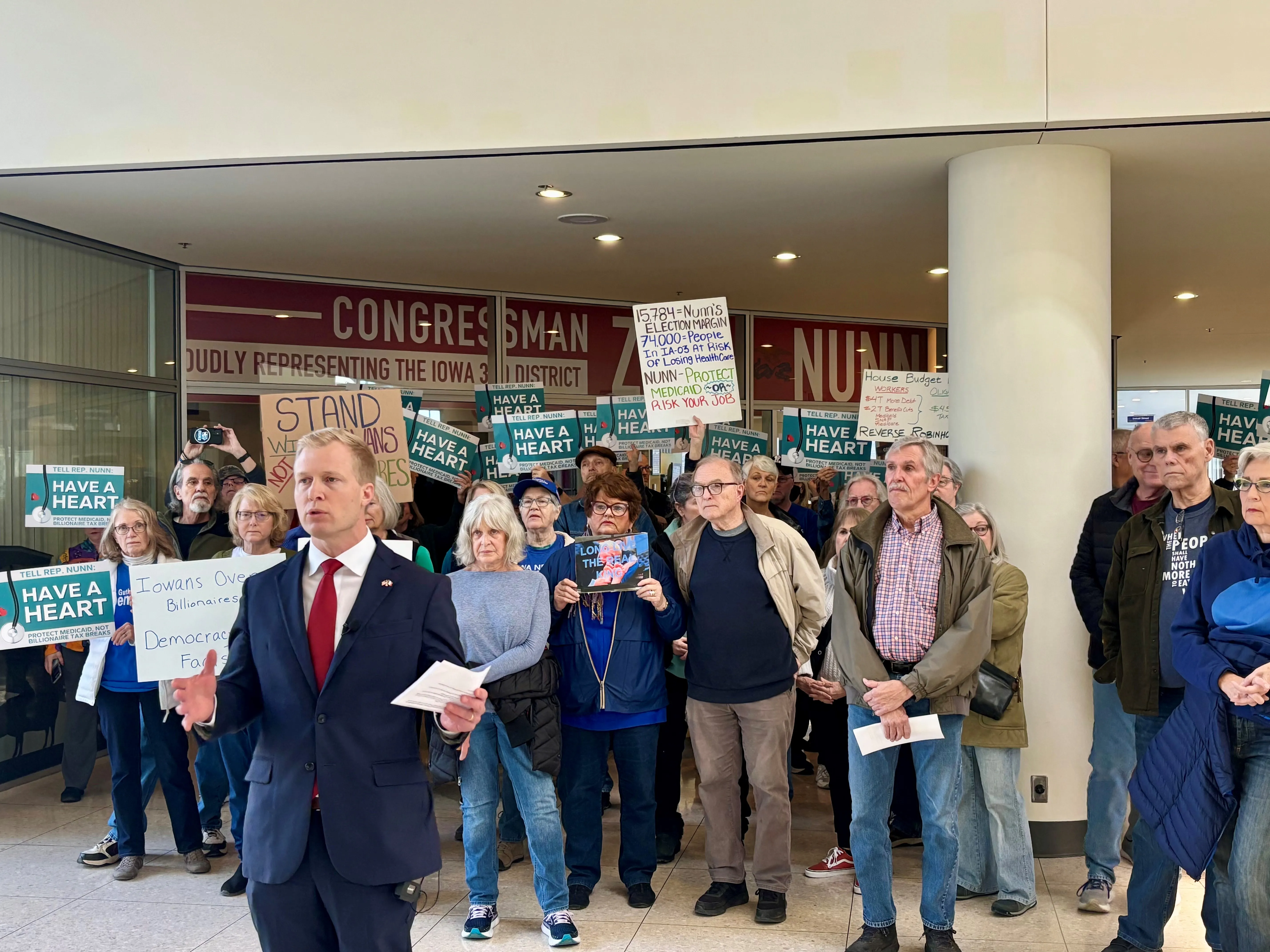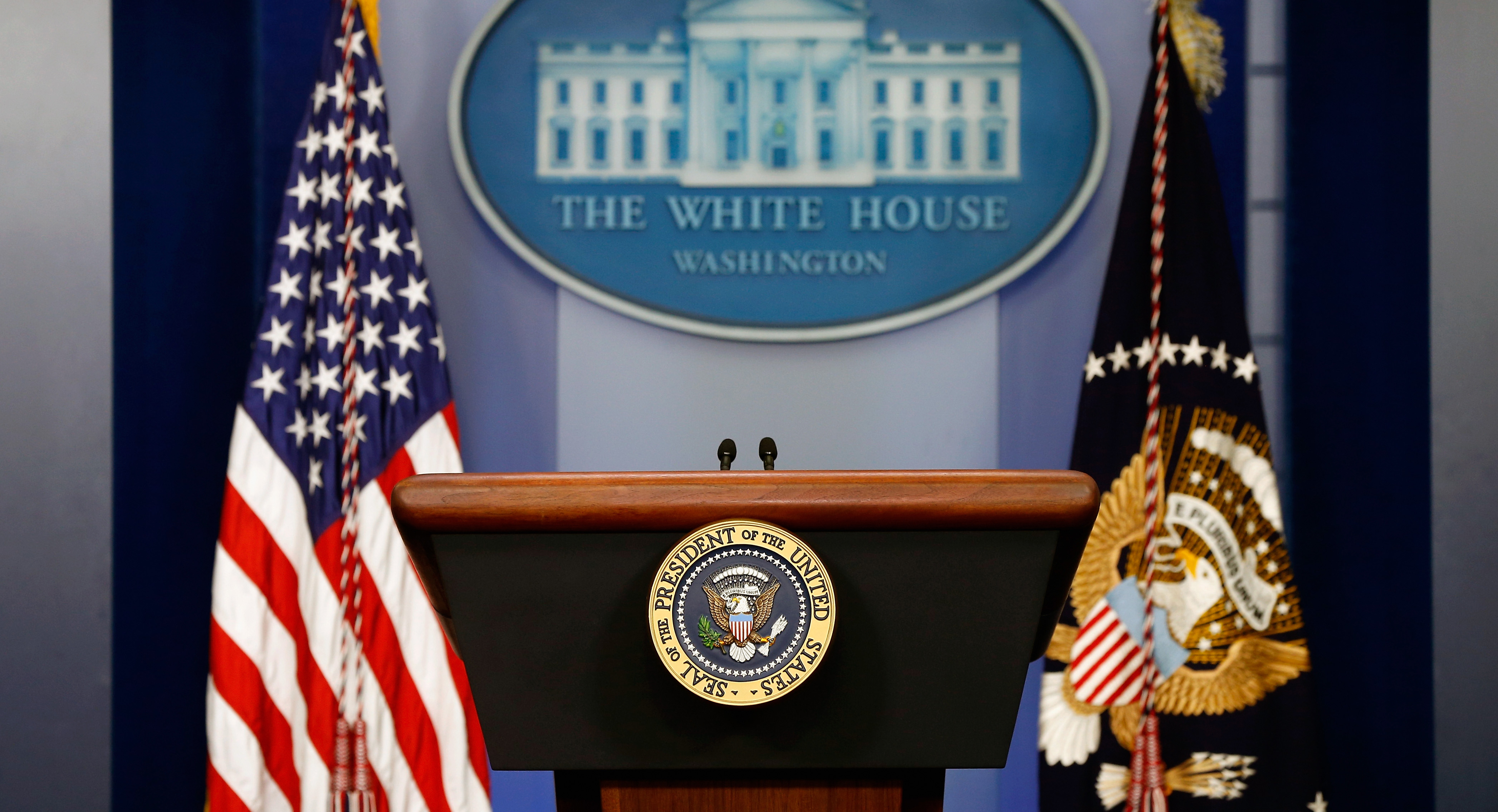President Donald Trump’s latest legislative effort, dubbed the "One Big Beautiful Bill," threatens to unravel the safety net for millions of Americans, with a staggering cut to Medicaid that could leave 11.8 million people uninsured by 2034. This shocking revelation comes as Trump, during a meeting with House Republicans, appeared oblivious to the bill"s implications on one of the nation’s most critical health care programs.
Trump’s Dangerous Misunderstanding
During a recent briefing, Trump urged Republicans to avoid touching traditional safety net programs like Medicaid, Social Security, and Medicare if they wish to secure re-election. However, as reported by the New York Times, members of his own party had to remind him that the proposed legislation would indeed cut Medicaid, alongside vital food assistance programs.
The Impact on Vulnerable Populations
According to the Congressional Budget Office, these cuts are likely to exacerbate health disparities among low-income individuals and families. More than 71 million Americans rely on Medicaid for their health care needs, a program that expanded under President Obama’s Affordable Care Act. The proposed legislation aims to offset lost tax revenue by significantly slashing funding for Medicaid and food assistance, putting countless lives at risk.

Iowa Democrats protest potential Medicaid cuts outsid…
Republican Division over Medicaid Cuts
Even within the Republican Party, there is evident dissent regarding the bill’s provisions. Senator Thom Tillis of North Carolina, who announced he would not seek re-election, publicly criticized Trump, stating, "You have been misinformed: You supporting the Senate mark will hurt people who are eligible and qualified for Medicaid." This internal conflict showcases a growing rift as some Republicans recognize the potential electoral repercussions of attacking such vital programs.
Misleading Statements from the Administration
Despite mounting concerns, the Trump administration continues to downplay the bill’s consequences. Abigail Jackson, a spokesperson, claimed that the legislation "takes decisive action to protect Medicaid for generations to come" by targeting "waste, fraud, and abuse." However, this rhetoric fails to address the reality that slashing funds will inevitably lead to fewer services for those who depend on Medicaid, as highlighted in an analysis from Georgetown University.

Daily White House press briefing to stay in the West Wing ...
Broader Consequences for Health Care Access
The implications of the bill extend beyond Medicaid cuts. With food assistance programs also facing reductions, an estimated 3 million more Americans would lose eligibility for food stamps. This is a devastating blow for families already struggling to make ends meet. Recent research indicates that many recipients of these programs are working individuals who simply cannot afford to meet their basic needs without assistance. The cuts threaten to push more Americans into poverty, while simultaneously escalating health care costs as the uninsured seek emergency care rather than preventative services.
As the House considers this sweeping legislation, the pushback from both within and outside the Republican Party highlights the urgent need for a health care system that prioritizes people over profit. The potential loss of coverage for millions calls for a robust and unified resistance not only to protect Medicaid but to advocate for a more equitable health care framework that addresses the needs of all Americans.



![[Video] Gunfire between Iraqi security forces and Sadr militias in Baghdad](/_next/image?url=%2Fapi%2Fimage%2Fthumbnails%2Fthumbnail-1768343508874-4redb-thumbnail.jpg&w=3840&q=75)
